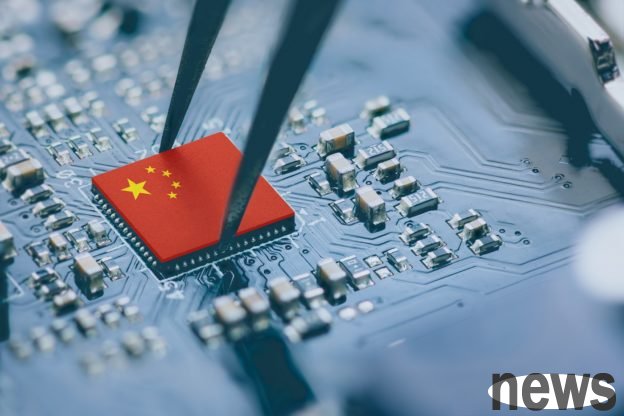
China is making every effort to promote the 15th Five-Year Plan ("15th Five-Year Plan", 2026~2030), focusing on achieving self-reliance and self-reliance in science and technology, especially in the fields of semiconductors and artificial intelligence. According to China Central Television, the plan aims to promote "high-quality development" and "new quality productivity" to deal with external threats and risks posed by an aging population.
In the past few decades, China's export-oriented economy has promoted its rapid growth, but also exposed its vulnerability to geopolitical changes. Despite the ongoing trade war with the United States and the contribution of exports to China's GDP reaching its highest point in 2024, household consumption has always remained below 40%. Faced with these challenges, the CCP hopes to accelerate the construction of a strong country in manufacturing, quality, aviation, transportation and Internet while maintaining a reasonable scale of manufacturing.
The new five-year plan will also focus on increasing domestic demand, and is expected to increase investment in improving people's livelihood and social security systems, and promote high-quality development of the real estate industry. These measures are aimed at improving the financial security of the Chinese public, thereby encouraging them to consume technology products and services produced by local companies.
In terms of technological innovation, China has made technological self-reliance and self-reliance in the fields of semiconductors and artificial intelligence a core task. SMIC is accelerating the mass production of 14/7 nanometer processes, and Huawei HiSilicon continues to promote self-developed chip design to get rid of external dependence; Baidu, Alibaba, Huawei and other companies are competing fiercely in the field of generative AI large models to promote the implementation of smart applications in various industries. According to statistics, China's semiconductor industry revenue will exceed RMB 1 trillion in 2024, and the scale of the core AI industry will exceed RMB 500 billion, showing strong growth momentum.
Although these policy directions have become clear, spending commitments will still have to wait until next year’s National People’s Congress session to be announced. Economist Michelle Lam pointed out that the real key is how strongly policymakers implement it.
China seeks semiconductor and AI self-reliance in ambitious new 5-year plan — Beijing also wants to increase domestic spending and reduce reliance on exports During the 15th Five-Year Plan, Chinese-style modernization will achieve a key leap